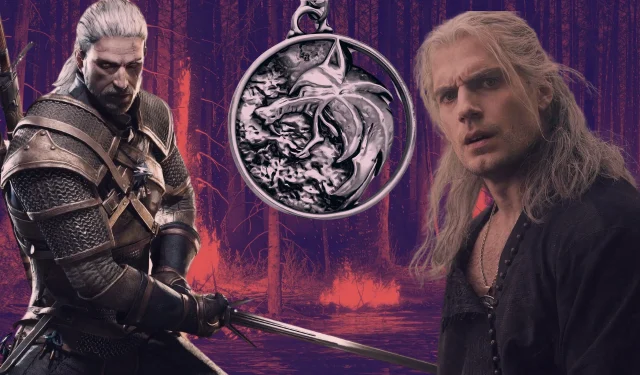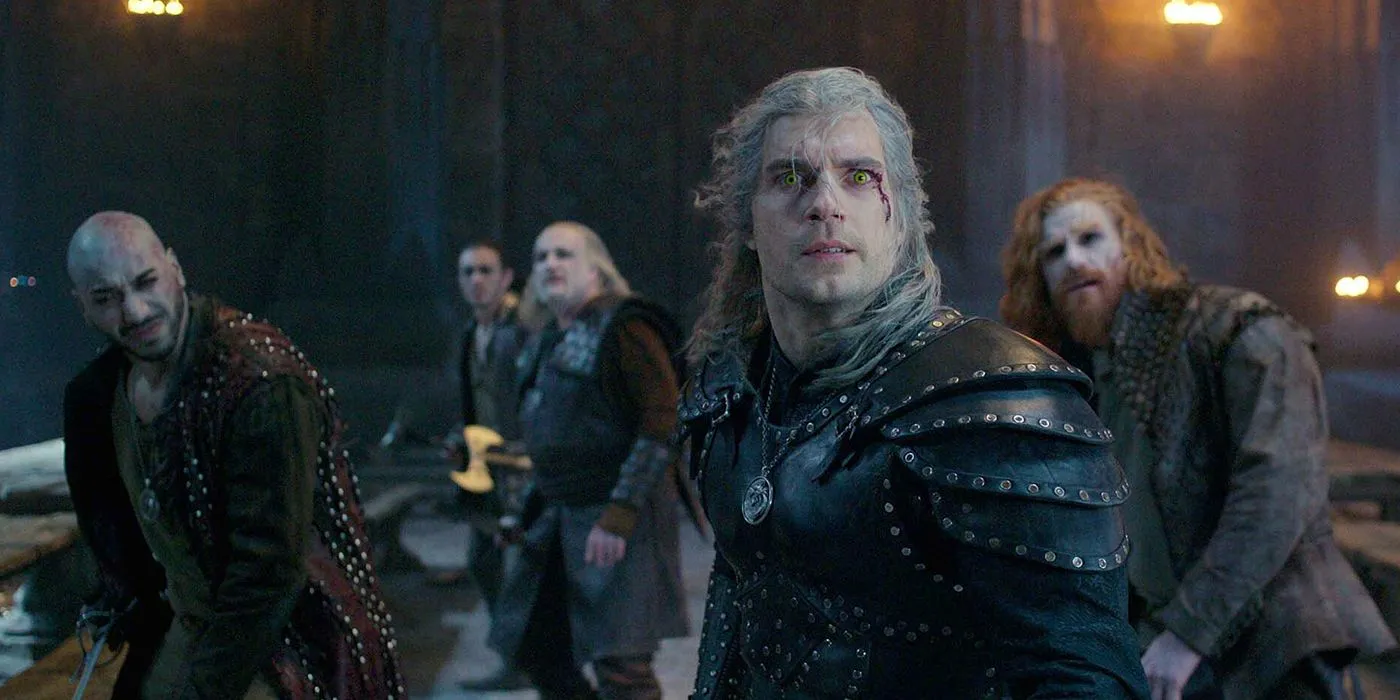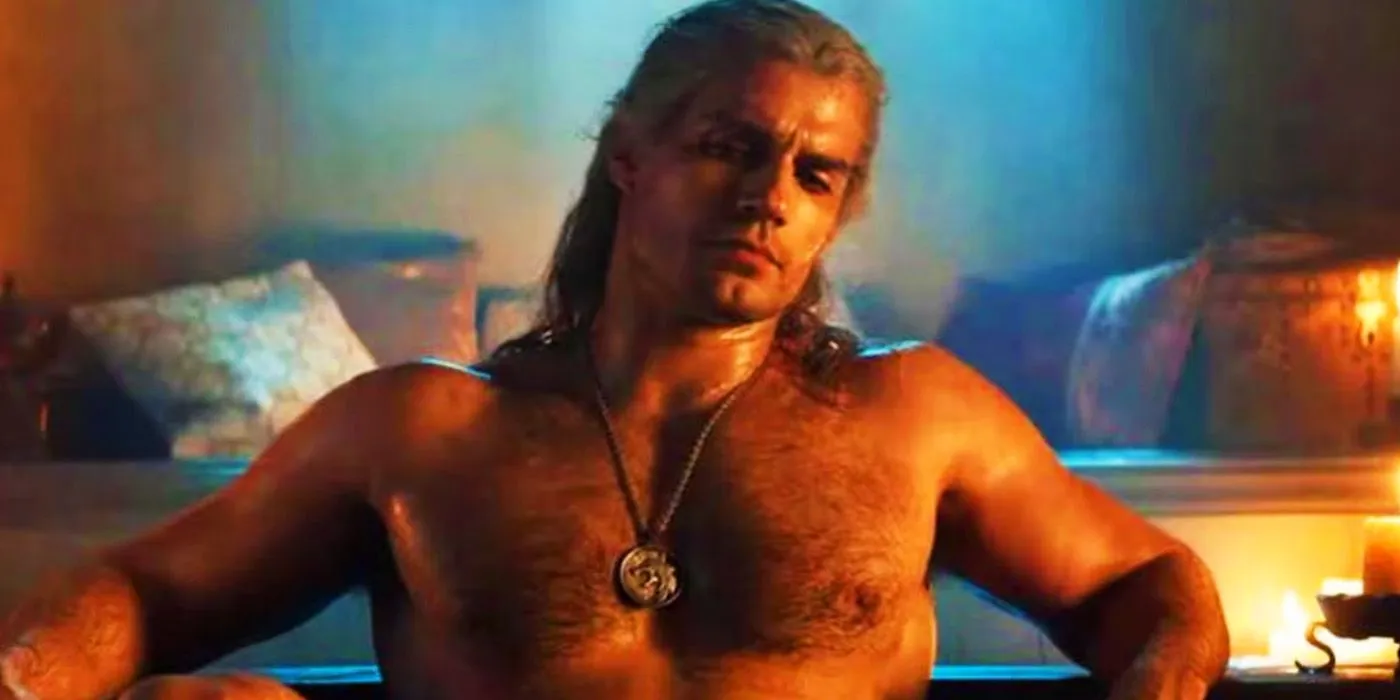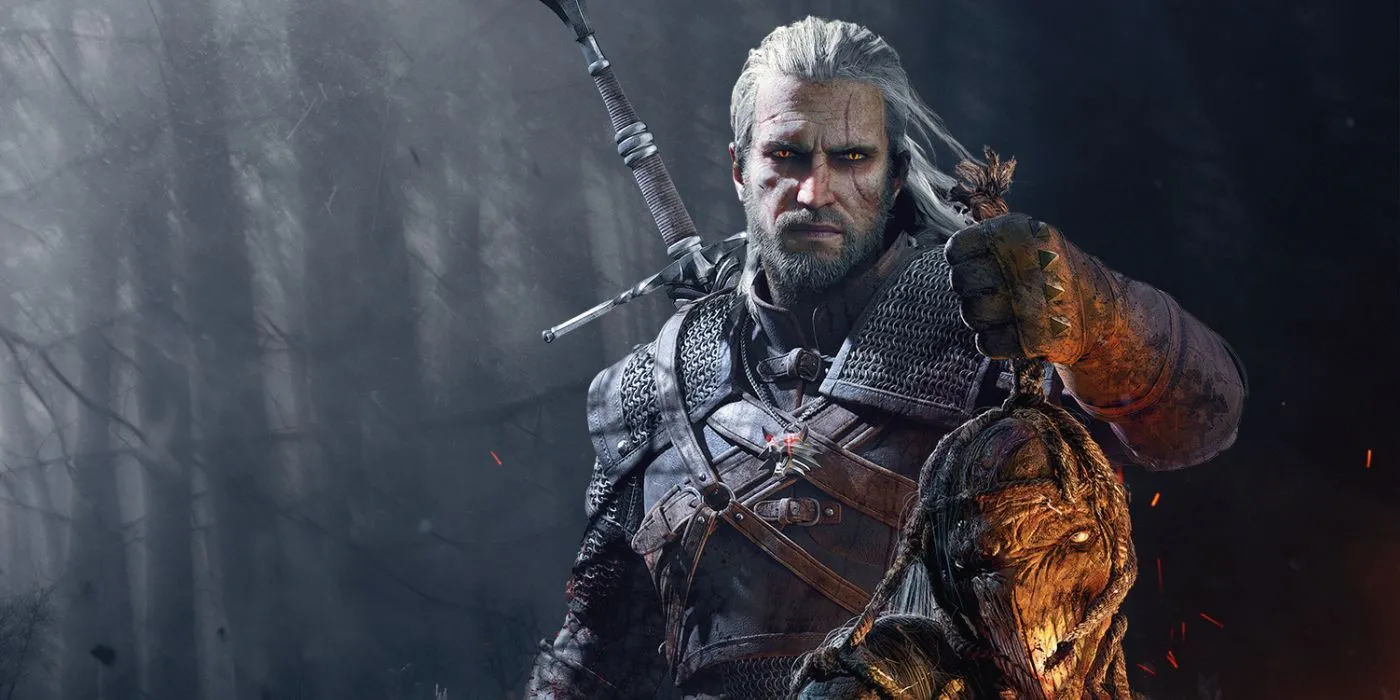
The Witcher has evolved remarkably from its roots in Polish literature into a franchise that encompasses blockbuster video games and Netflix’s highly popular streaming series. Although the adaptation has faced its fair share of criticisms, it has undeniably contributed to elevating the entire franchise into a worldwide sensation. Centered around Geralt of Rivia, the stoic yet humorous monster hunter, the character has captured the hearts of fans thanks to his enigmatic nature.
Interestingly, the name “Geralt of Rivia”is somewhat misleading. In fact, he is neither from Rivia nor does he spend any time there in the original novels. Geralt is better known by other titles, such as the White Wolf or the Butcher of Blaviken, which more accurately reflect his character and past exploits. To grasp why Geralt claims to hail from a place he has never known, it is essential to explore the rigorous training young witchers undergo before earning their distinctive weapons.
The True Origins of Geralt
Unearthing Geralt’s Origins and Witcher Training

Born in the year 1211 (1160 in the context of Netflix’s series), Geralt’s parentage is marked by his father Korin who was a warrior, and his mother Visenna, a sorceress. While the specific location of his birth remains ambiguous, it is clear that his mother entrusted him to the witchers of the School of the Wolf at Kaer Morhen, located in the remote northeast of the Continent at the border of Kaedwen.
At Kaer Morhen, Geralt spent his formative years undergoing intense training necessary for becoming a witcher. His journey through this transformation included the harrowing Trial of the Grasses, where he consumed various alchemical substances that bestowed upon him heightened agility and endurance. This transformative process also bleached his hair white, earning him the title of the White Wolf.
The Formation of Geralt’s “Of Rivia” Identity
The Alternative Name Geralt Considered

Understanding Geralt’s surname choice requires insight into Vesemir, the oldest witcher at Kaer Morhen. Vesemir was acutely aware of the societal stigma surrounding witchers, who were often regarded as necessary evils in society. Thus, he advised his apprentices to adopt surnames that would present a more favorable image to clients.
Initially, Geralt contemplated the grand-sounding name Geralt Roger Eric du Haute-Bellegarde. However, Vesemir dismissed this choice as overly ostentatious. Instead, Geralt settled on “of Rivia,”which, while less grand, was sufficiently obscure and gave him an air of legitimacy. Rivia, a modest kingdom south of Kaedwen, was just well-known enough for Geralt to convincingly claim it as his hometown. To further sell this façade, Geralt even began to adopt a Rivian accent, leading most to accept his fabricated background without question.
The Moment Geralt Officially Became “Of Rivia”
An Accidental Hero in a Time of War

In 1267, amid the Second Northern War where Nilfgaard clashed with the allied Northern kingdoms, Geralt was in pursuit of his missing daughter, Ciri. Accompanied by his allies Jaskier, Regis, Cahir, and Milva, they faced an unexpected ambush as they attempted to cross the Yaruga River at night.
Upon realizing that they were mistaken for Nilfgaardian scouts, Geralt and his companions retreated, only to find themselves trapped between two opposing forces as they attempted to escape across the river. When the combat erupted near a bridge at Red Port, Geralt and Cahir rallied the Lyrians, the very people they were mistaken for, leading them in a decisive counterattack against the Nilfgaardians. This inspired the Lyrians, leading to the eventual retreat of their opponents.
As recognition for his bravery, Queen Meve knighted Geralt amidst the tumult of the battlefield. To Geralt’s amazement, the Lyrian forces under her command were directly tied to Rivia, elevating his claim to that name to an official status. This pivotal event, illustrated in the third Witcher novel, Baptism of Fire, is poised to be dramatized in the forthcoming fourth season of Netflix’s The Witcher, offering audiences a glimpse into Geralt’s serendipitous rise to fame.




Leave a Reply